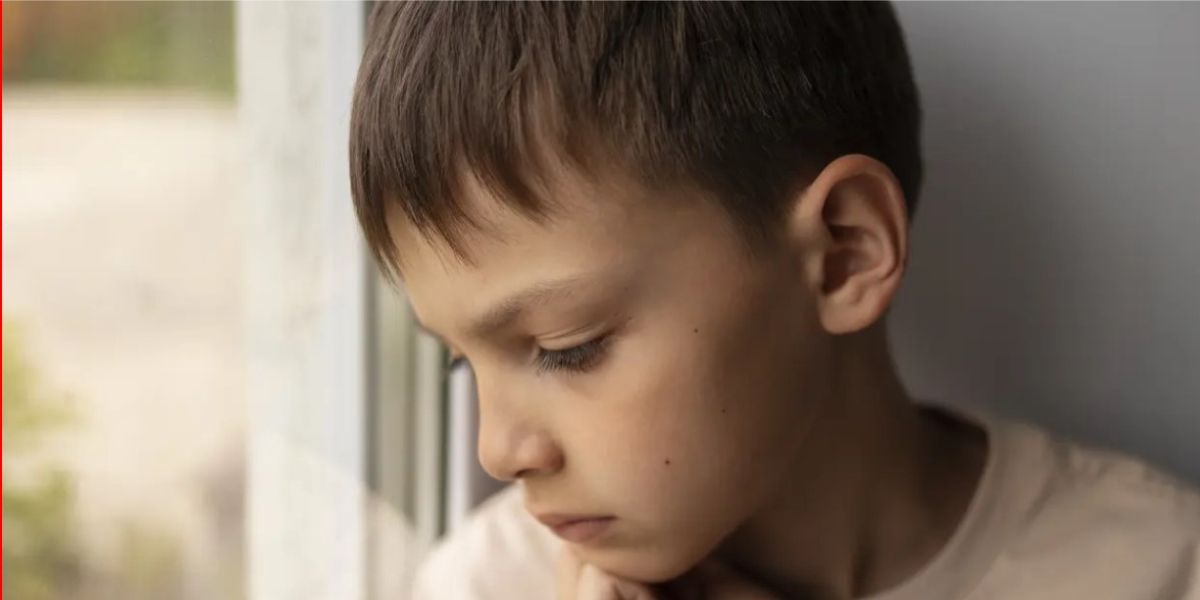Inspiration for Modern and Elegant Women's Batik Tops for Various Events
Inspiration for modern women's batik tops for formal and casual events. Tips for choosing and caring for batik to keep it durable.

Kapanlagi.com - Preventing mumps is very important, as this disease is contagious and caused by the paramyxovirus. This virus attacks the salivary glands located around the jaw and neck. Mumps more commonly affects children, but adults are also at risk of infection. It spreads through saliva droplets from coughing or sneezing, as well as contact with contaminated objects.
Due to its easy transmission, appropriate preventive measures are necessary to break the chain of transmission, especially in home or school environments. One of the most effective ways is to get the MMR (Measles, Mumps, Rubella) vaccination. In addition, maintaining hand hygiene and isolating infected individuals are also highly recommended.
Here is an explanation of the causes of mumps, symptoms to watch out for, preventive measures, and recommended treatments.
Mumps is caused by the paramyxovirus that attacks the salivary glands, especially under the ears and jaw. This virus is highly contagious and can spread through:
Children are the most vulnerable group because their immune systems are not fully developed. Additionally, the virus's incubation period of up to 2–3 weeks makes early detection of transmission difficult. Therefore, discipline in implementing preventive measures at home and school is very important.
Mumps often begins with mild symptoms that are sometimes unnoticed. The swelling of the salivary glands around the jaw is the main symptom, often accompanied by:
In some cases, mumps can also lead to loss of appetite. Although some children may only experience mild symptoms or be asymptomatic, a doctor's visit is highly recommended if these signs appear. Early detection can help prevent more serious complications.
The most effective way to prevent mumps is through MMR vaccination, which is given in two doses:
This vaccine can provide protection of up to 88–95% after the second dose. In addition to vaccination, other preventive measures include:
Teaching children to cover their mouths when coughing or sneezing is also important in breaking the chain of transmission.
Mumps diagnosis is performed through physical examination and laboratory tests, such as saliva or urine tests. Since this disease is caused by a virus, the use of antibiotics is ineffective. The treatment provided aims to relieve symptoms, such as:
Medications like acetaminophen or ibuprofen can be used to reduce fever. With proper management, recovery usually occurs within 7–10 days.
If not handled properly, mumps can cause serious complications, such as:
These complications can affect fertility or cause permanent damage to the brain. Therefore, early detection and vaccination are very important to prevent these risks.
Yes, mumps usually resolves on its own within 7–10 days, but treatment is still necessary to relieve symptoms.
It is very effective, with a protection rate of up to 88–95% after the second dose.
Isolating the patient, maintaining hand hygiene, and disinfecting frequently touched objects are the main steps to prevent transmission.
(kpl/srr)
Cobain For You Page (FYP) Yang kamu suka ada di sini,
lihat isinya
Inspiration for modern women's batik tops for formal and casual events. Tips for choosing and caring for batik to keep it durable.
The latest batik tunic models come with modern and elegant designs, suitable for various formal and casual events.
The latest horror film in January 2025 comes with a true story and psychological tension that captivates the audience.
A lineup of former child artists who remain active until now, proving their talent is timeless.
Artists born on January 1 celebrate their birthday alongside the New Year. Here is the complete list!
The combination of kebaya and batik skirt has become a classic trend that continues to be loved.
To get to know Zhu Zhengting and his career journey better, let's take a look at his profile review below.
Massage is known as a relaxation method that can help reduce muscle and joint pain. However, if done during an active gout attack, massage can worsen the condition.
Fat in the thighs is usually caused by an imbalance between the calories consumed and those burned.
Durian actually does not contain any cholesterol at all. As a fruit that comes from plants, durian only contains healthy fats that actually benefit the body's health.
Abaya has become one of the symbols of global Muslim women's fashion, especially for those who want to combine comfort and adherence to Islamic dress codes.
Soursop leaves have long been known as a herbal remedy with various benefits, such as helping to lower cholesterol, strengthening the immune system, and preventing cancer. However, these benefits can only be achieved if the processing is done correctly.